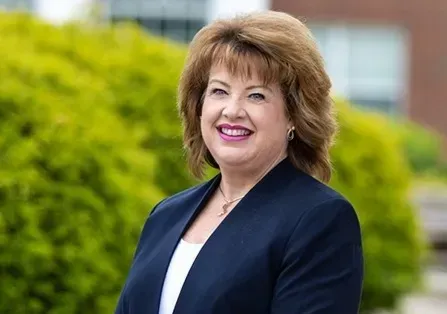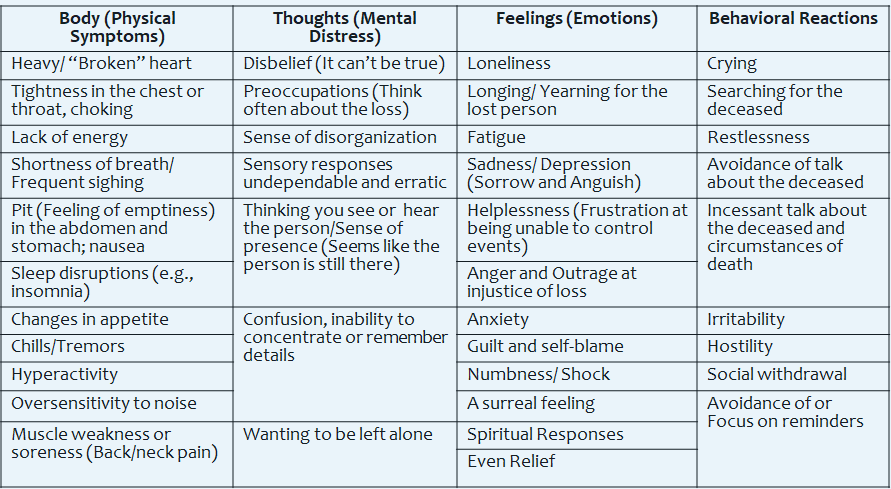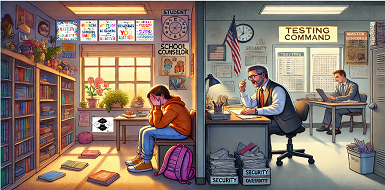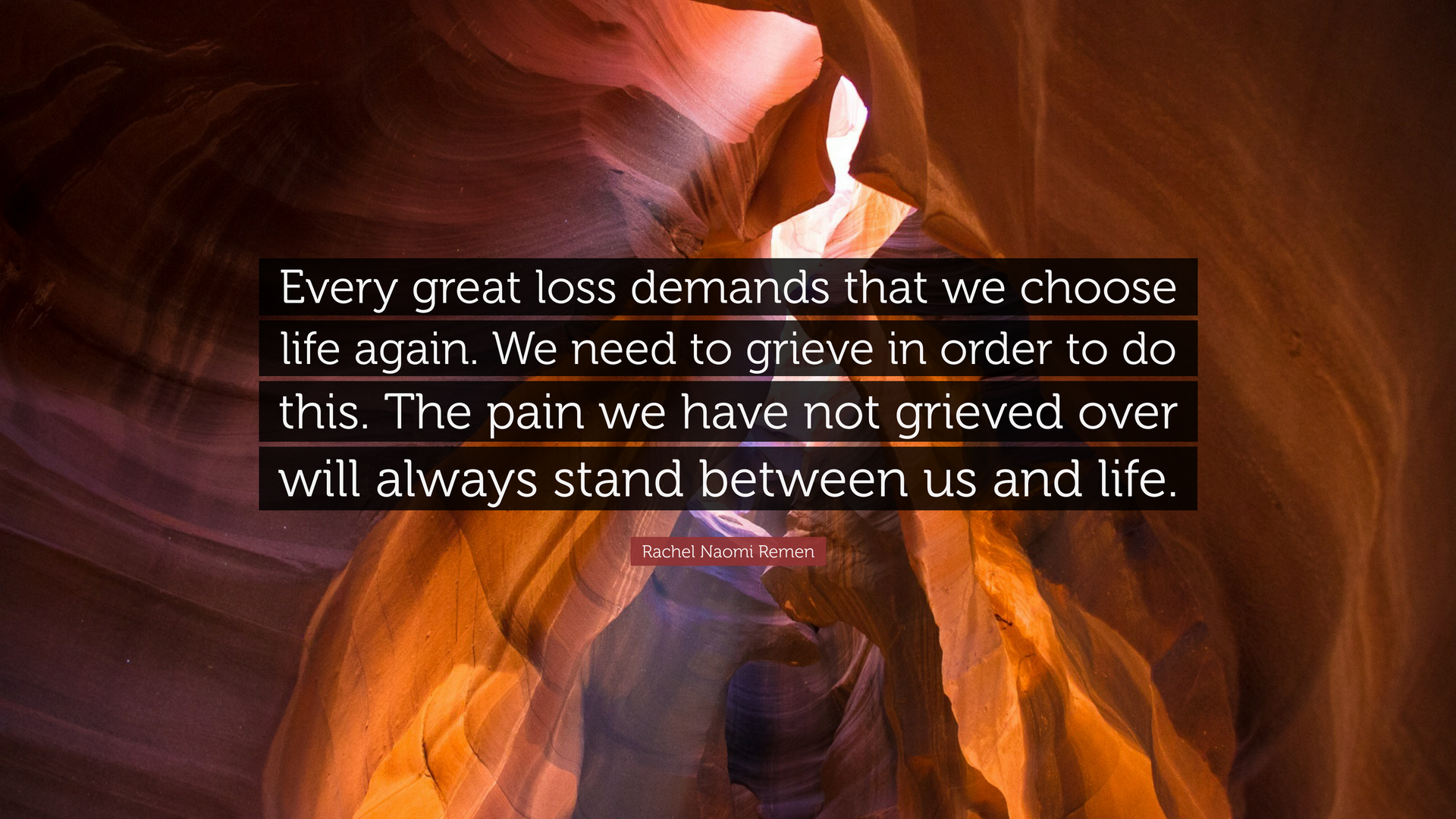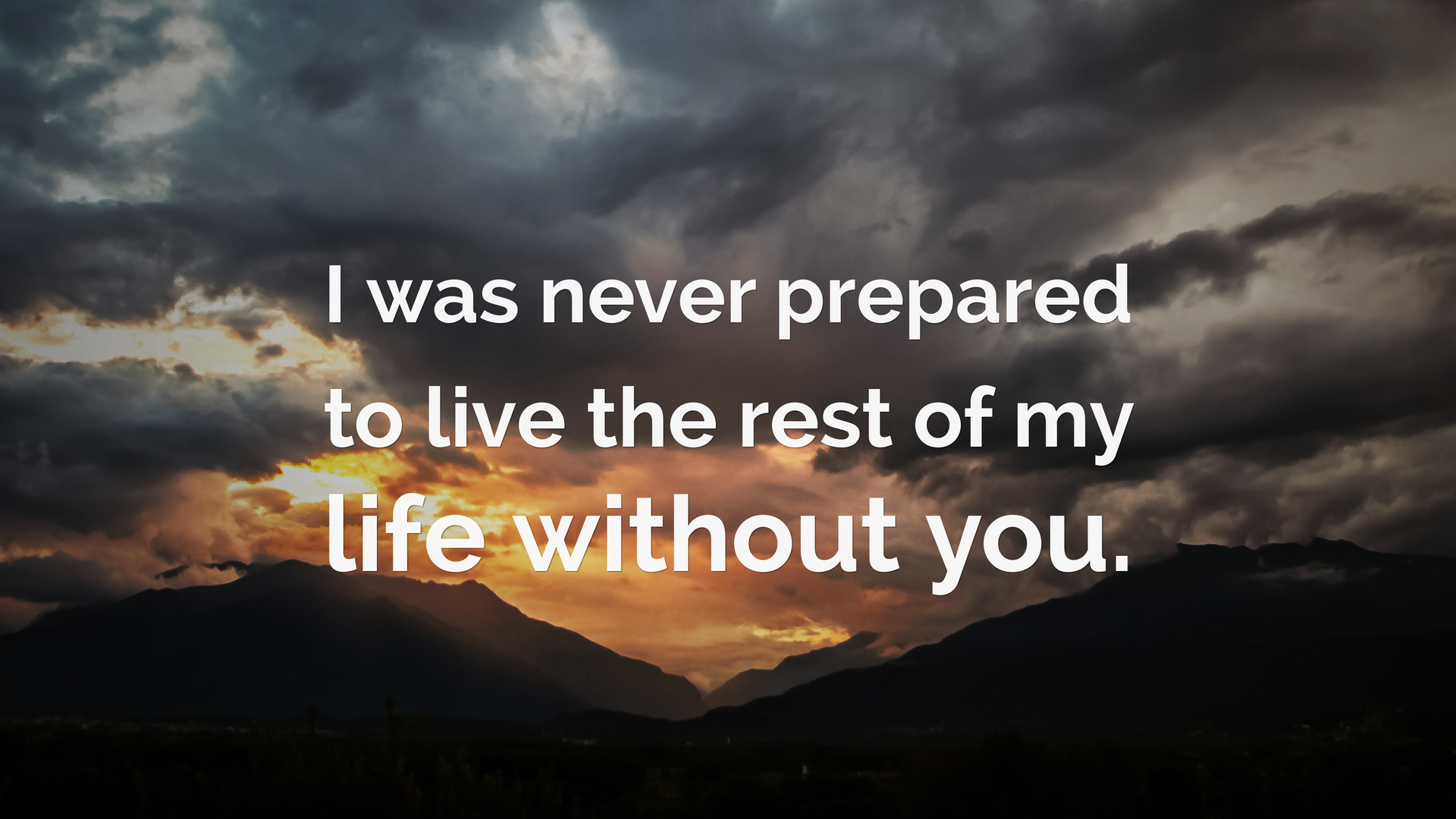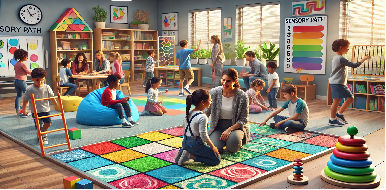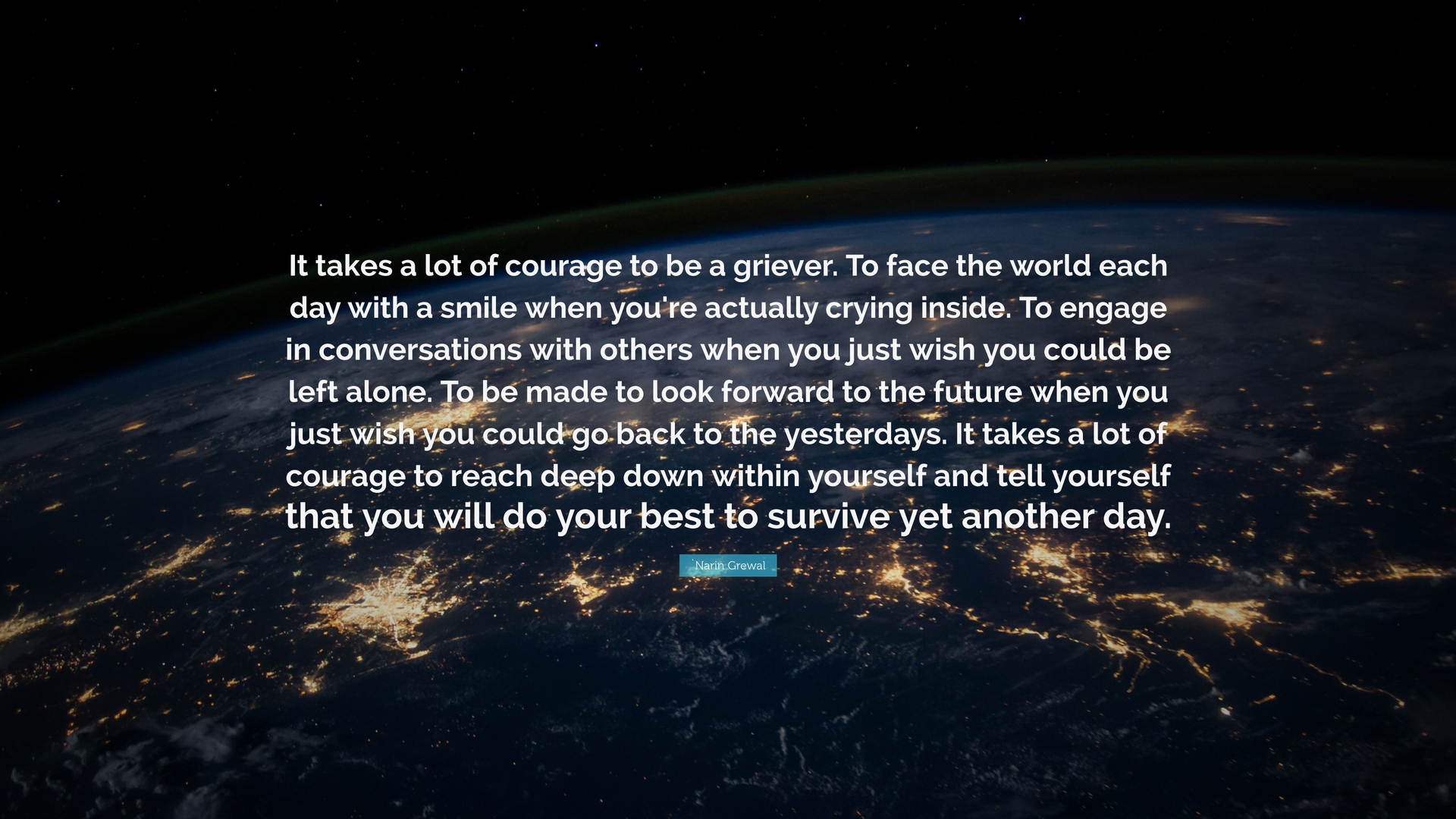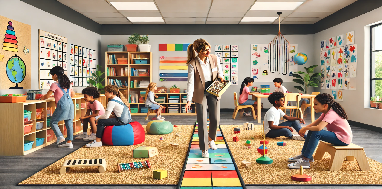Susan Rardon
Rose, Ph.D.
Embracing New Beginnings
School Counseling in the New Calendar Year
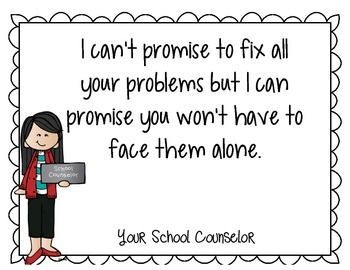
As the calendar turns and we welcome a new year, we find ourselves as school counselors uniquely positioned at the crossroads of reflection and renewal. This is the perfect time to assess what worked well in the past year, reimagine our strategies, and set new goals to support our students’ academic, emotional, and social development. With the calendar year, we begin again with the same students. It's a good time to reflect and reassess your Comprehensive School Counselor Program to adjust and energize your program to enrich the lives of the students you serve.
Reflecting on the Past Year
Before diving into new initiatives, it’s essential to take a moment to reflect on the successes and challenges of the first semester. Reflective practice not only highlights the strategies that resonated with students but also reveals areas for improvement. Consider asking yourself:
- What initiatives brought the most positive change? Perhaps a mindfulness workshop, peer mentoring, or targeted academic support sessions made a difference.
- What challenges did I encounter? Were there gaps in communication, resource limitations, or unexpected student needs?
- How did I collaborate with teachers, parents, and administrators? Reflecting on these partnerships can help you enhance collaborative efforts in the coming year.
Taking stock of these insights can help refine your approach, ensuring that every new effort builds on the lessons of the past.
Creating a Supportive Environment for Students
As you plan for the year ahead, consider strategies that foster a supportive culture where every student feels valued and empowered:
- Regular Check-Ins: Schedule routine sessions with students, providing them with a safe space to discuss their concerns, goals, and experiences.
- Active Listening: Encourage students to share openly, ensuring that they feel heard and understood.
- Equitable Support: Ensure that all students have access to the resources they need, regardless of their background or circumstances.
- Resilience Building/Coping Skills Workshops: Host sessions that teach stress management techniques and adaptive coping strategies. These skills are invaluable for navigating academic pressures and personal challenges.
- Peer Mentorship: Facilitate the creation of peer support networks where older students can guide and inspire their younger counterparts.
By embedding these practices into your daily work, you help create an environment where students not only succeed academically but also grow as resilient, confident individuals.
By setting these intentions, you not only guide your professional development but also create a roadmap for student success throughout the year.
Practical Strategies for a Successful Start to the New Calendar Year
A new calendar year is the perfect opportunity to introduce new ideas and refine your counseling approach. Here are some actionable strategies to consider:
- Enhance Mental Health Awareness: Organize workshops or group sessions that help students recognize and manage stress. Introducing mindfulness practices or stress-relief activities like yoga or art therapy can be especially beneficial.
- Promote Academic Success: Assess and adjust those programs that equip students with essential study skills, time management strategies, and resources for academic support. Consider hosting goal-setting workshops where students can outline their personal, academic, and social objectives or reflect on their goals and objectives from last semester. Help them break down larger objectives into manageable steps, fostering a sense of achievement as they progress.
- Strengthen Community Connections: Forge stronger relationships with families, community organizations, and local mental health services. A robust support network can offer additional resources and provide a safety net for students facing challenges.
- Collaborate with Educators: Work closely with teachers to identify students who may benefit from additional support. Regular meetings with faculty can ensure that interventions are timely and effective.
- Foster Social-Emotional Learning (SEL): Continue to integrate SEL principles into daily routines. Encourage activities that build empathy, enhance communication skills, and promote problem-solving. Don't lose momentum that you built in the first semester.
- Incorporate Stress-Relief Activities: From guided meditation sessions to creative art projects, offering activities that alleviate stress can make a significant difference in students’ overall well-being.
- Leverage Technology: Use digital tools and apps to track student progress, facilitate communication, and provide access to mental health resources. Virtual counseling sessions can extend your reach, particularly when in-person meetings aren’t feasible.
- Emphasize Your Own Self-Care: Remember, your well-being is crucial. Prioritize self-care by setting boundaries, taking time off when needed, and engaging in professional development to rejuvenate your passion for counseling. Consider these specific self-care tips to maintain your resilience:
- Establish Healthy Boundaries: Clearly define your work hours and stick to them. This helps prevent burnout and maintains a healthy work-life balance.
- Connect with Peers: Join professional networks or support groups where you can share experiences and learn from others facing similar challenges.
- Practice Mindfulness: Incorporate mindfulness techniques into your routine. Even a few minutes of meditation or deep-breathing exercises can make a significant difference.
- Celebrate Your Successes: Take time to acknowledge and celebrate the small victories, both in your professional practice and personal life. By taking care of yourself, you ensure that you’re in the best position to support the students who depend on you.
- Looking Ahead: Each new calendar year brings with it a mix of opportunities and challenges. The landscape of education and mental health is continually evolving, requiring us to remain adaptable and proactive. Embrace professional development opportunities, attend workshops, and stay updated on the latest research and trends in school counseling. This ongoing learning not only enhances your skill set but also ensures that your practices remain effective and responsive to your students’ needs.
Final Thoughts
A new calendar year is more than just a change in dates—it’s a symbol of fresh starts, renewed energy, and endless possibilities. For school counselors, it’s a time to reflect on past achievements, set clear intentions for growth, and implement strategies that nurture a supportive and resilient school community.
By fostering open communication, promoting inclusive practices, and embracing innovative strategies, you have the power to transform challenges into opportunities and guide your students toward a brighter, more confident future.
Happy New Year, and may your counseling journey continue to inspire and transform lives!
I am a school counselor turned counselor educator, professor, and author helping educators and parents to build social, emotional, and academic growth in ALL kids! The school counseling blog delivers both advocacy as well as strategies to help you deliver your best school counseling program.
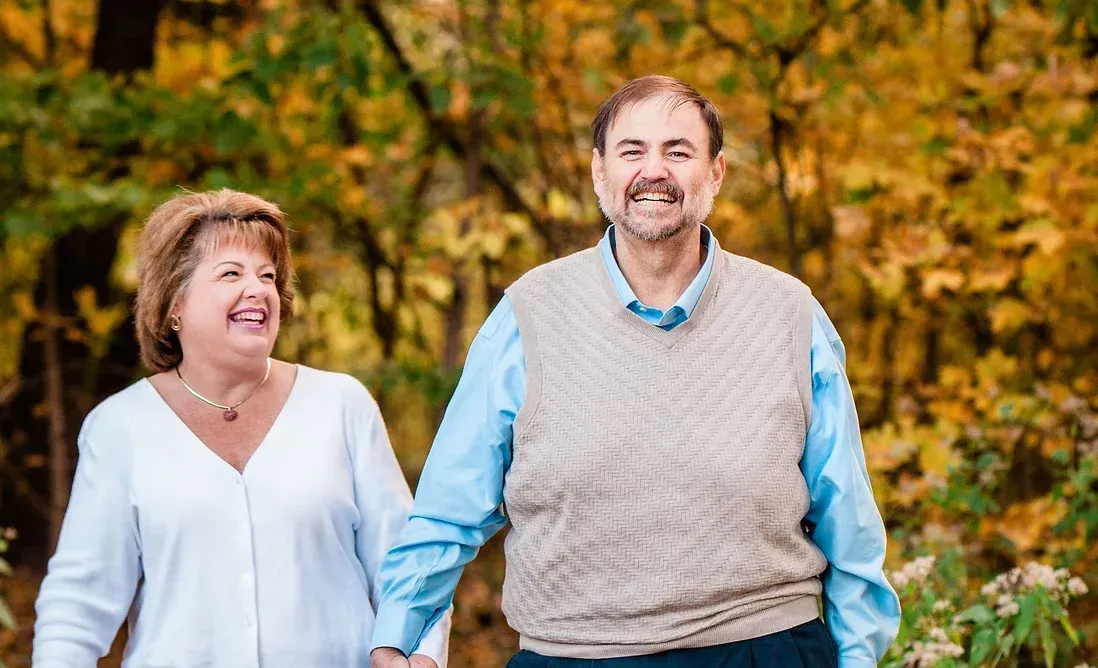
I'm a mother, grandmother, professor, author, and wife (I'll always be his). Until October 20, 2020, I lived with my husband, Robert (Bob) Rose, in Louisville, Ky. On that awful day of October 20,2020, my life profoundly changed, when this amazing man went on to Heaven. After Bob moved to Heaven, I embraced my love of writing as an outlet for grief. Hence, the Grief Blog is my attempt to share what I learned as a Counselor in education with what I am learning through this experience of walking this earth without him. My mission is to help those in grief move forward to see joy beyond this most painful time.
Useful Links
